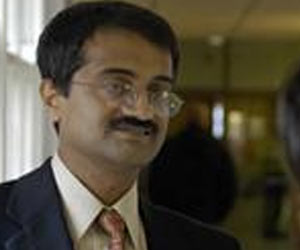
Typically, experts reach their peak performance between the ages of 30 and 50 years or after about 10 years' experience in their specialty, but few studies have measured the association between clinicians' experience and performance.
So a team, led by Drs Antoine Duclos and Jean-Christophe Lifante from the University of Lyon in France, set out to determine the association between surgeons' experience and postoperative complications after thyroid surgery.
The study involved 3,574 thyroidectomies (removal of the thyroid gland) by 28 surgeons (with an average age of 41 years with an average length of experience of 10 years) at five French hospitals during a one-year period.
Two major complications of thyroid surgery were measured 48 hours after surgery and again at least six months after surgery: permanent recurrent laryngeal nerve palsy (severe hoarseness) and hypoparathyroidism (damage to the parathyroid glands leading to low calcium levels, cramping and twitching).
Background information was recorded for all patients and surgeons were surveyed about their background and professional experience. Surgical performance was also adjusted by case mix (the type and complexity of cases being treated).
Advertisement
When thyroid surgery was performed by surgeons in practice for 20 years or more, the probability of permanent complications increased considerably.
Advertisement
The authors point out that, other unknown or unmeasured factors may have explained part of the variation in complication rates, and these should be further explored.
However, they say their findings suggest that surgeons' performance varies over the course of their career and that a surgeon cannot achieve or maintain top performance passively by accumulating experience, which raises concerns about ongoing training and motivation throughout a career that spans several decades.
Source-Eurekalert









